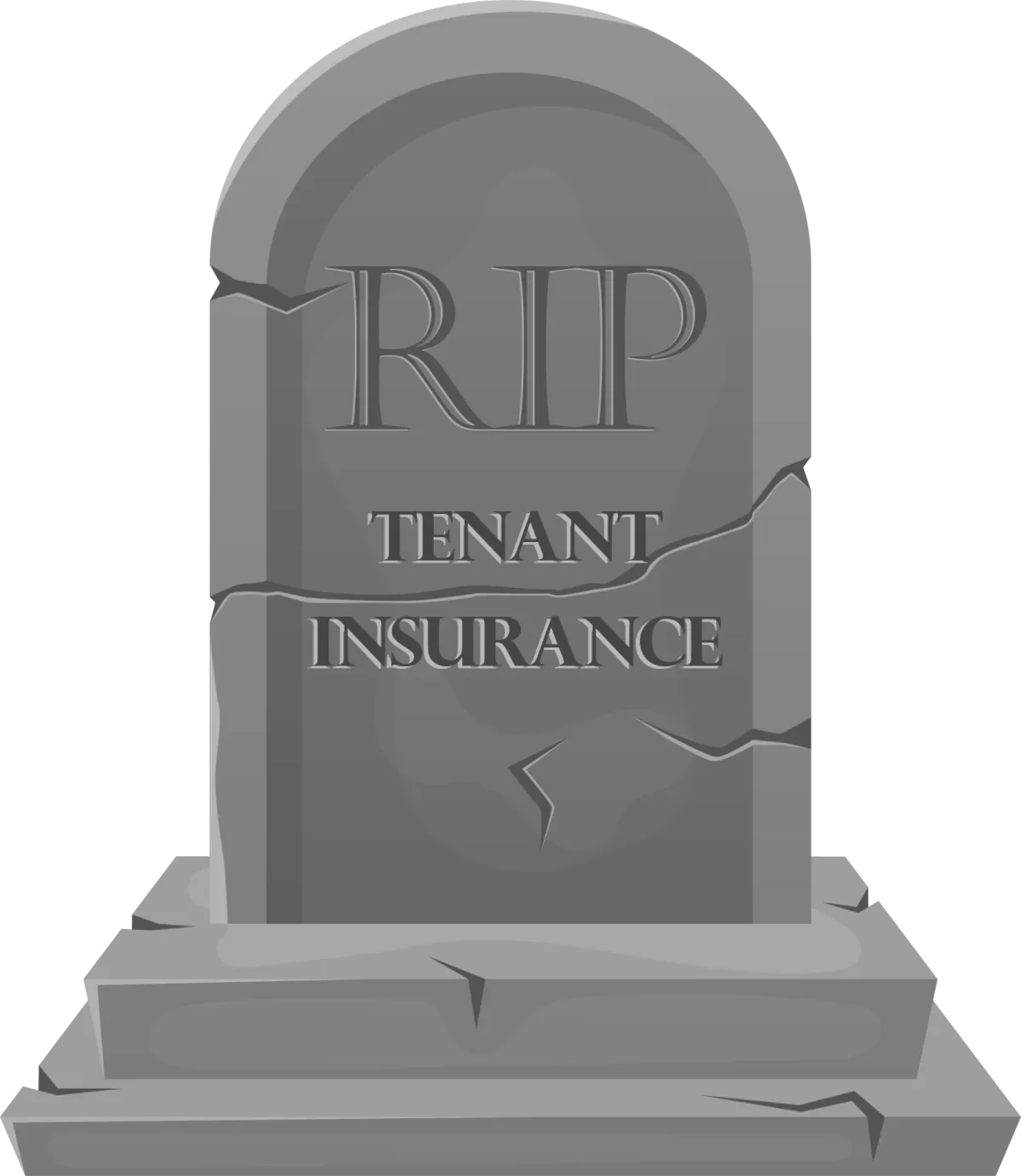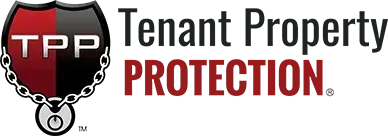Rest In Peace Tenant Insurance
TENANT INSURANCE IS GOING AWAY!
And it’s taking all of the headaches, all of the hassles, all of the paperwork, all of the broken promises and all of the nonsense with it. Will anyone actually miss it?
Tenant Insurance would have disappeared 10-12 years ago but lobbying efforts by associations, on the behalf of their paid Insurance sponsors, have kept it hanging around. You read that right, lobbyists have been working overtime to convince states to issue Limited Insurance licenses so that Tenant Insurance can be sold legally over the counter.

THE FALL OF TENANT INSURANCE
Good Idea Goes Bad
About 15 years ago, one Insurance company figured out that if there was a way to include the coverage with the tenants’ rent, the process would be far more convenient. And when commission was offered to the storage operator, a huge market was developed. The idea was successful from the start. Owners were much more interested when they shared in the sales revenue of the product, and some of the smarter ones even compensated their mangers so they also became more involved in the sales effort.
But as sales climbed, State Insurance Departments started to notice. They quickly discovered an insurance product was being sold in their states by people who were not licensed insurance producers and therefore in violation of State insurance regulations. They also discovered the high commissions (called administrative fees) that owners were making and started cracking down on the way the product was sold and how commissions were being illegally paid to unlicensed producers.
Storage owners didn’t know that they needed licenses to sell tenant insurance so they treated it just like the sale of anything else. They also raised and lowered the price of the insurance without notifying their State Insurance Department…which was another violation.
And Then Came the Lobbyists
At one time Tenant insurance was being sold in nearly every state in direct violation of State Insurance regulations. But with sales – and profits – growing, the scramble was on to try to make the process legal.
The insurance providers’ defense was to ask their guiding association to lobby each state to approve “Limited Licenses” for self-storage. The Insurance industry naturally fought against these “limited licenses” because the industry felt that any type of insurance sold should only be sold by “real” fully-licensed insurance agents. As insurance companies and State Insurance Departments battled, one company invented a solution.
TENANT PROPERTY PROTECTION ®
IT’S NOT JUST BETTER THAN INSURANCE, IT’S SMARTER.
In 2003 a new product was created that eliminated all of the problems, confusion, and most importantly, the individual insurance licensing requirement that was becoming an obstacle in offering tenant insurance. The new program was called a Protection Plan and in its most basic form was a promise by the facility owner to the tenant to offer protection for their items being stored in return for a small monthly fee.
The best part? Because it’s a Protection Plan and not insurance, licensing is not required. And tenants no longer have to worry about ridiculous exclusions, depreciation, or the onerous ‘other insurance’ clause.
With a Protection Plan, tenants are covered without any catches. Owners don’t have to jump through insurance ‘hoops’!
IMITATION IS THE GREATEST FORM OF FLATTERY
Don’t be fooled. Protection plans have become so popular with owner operators and tenants that some insurance providers – even some of the largest operators in self-storage – are trying to hide their outdated insurance products by calling them “Customer Protection Plans.” They’re hoping that tenants won’t notice. It’s still just insurance. For the tenant it becomes apparent when the unexpected happens and it’s time for them to file a claim.
Dealing with tenant insurance is just plain cumbersome. Who wants to deal with depreciation, multiple phone calls, complicated forms, and the ‘back and forth’ that can take months. With Protection Plans, there are no deductibles, no depreciation, and quick, easy claims settlement.
Rest in peace, Tenant Insurance. Tenant Protection Plans are the way of the future!
Quick Connect
Quick Connect
Corporate Office

Tenant Property Protection, LLC
1838 W. Parkside Lane, Suite 200
Phoenix, AZ 85027
Contact Info
Quick Connect


